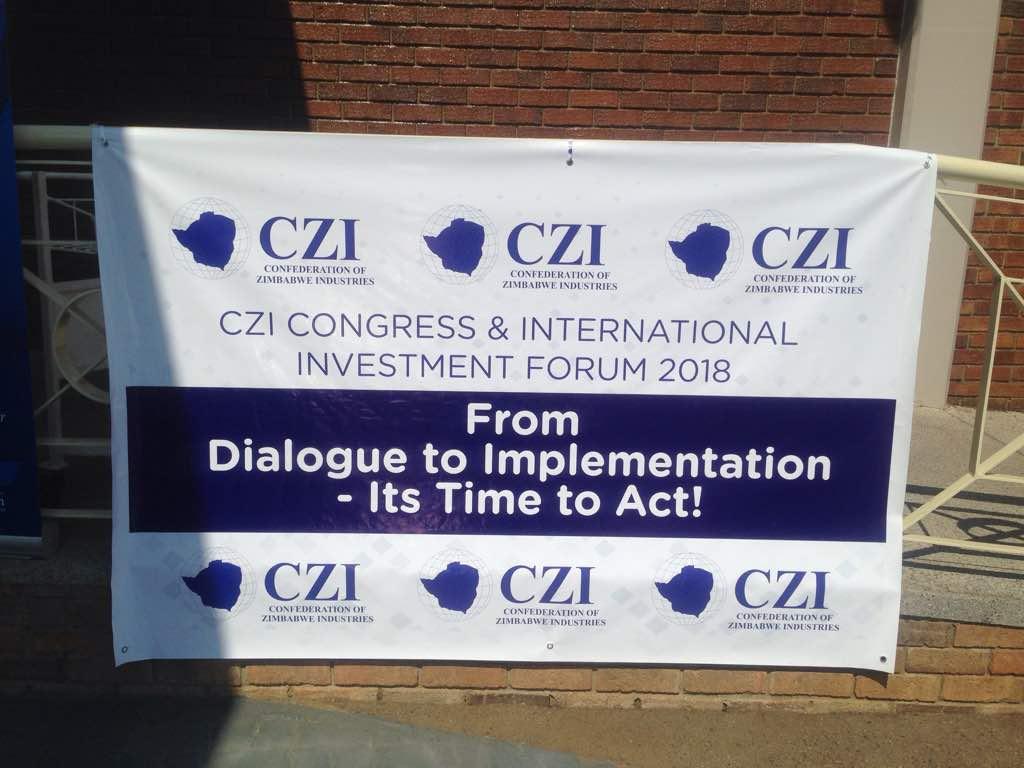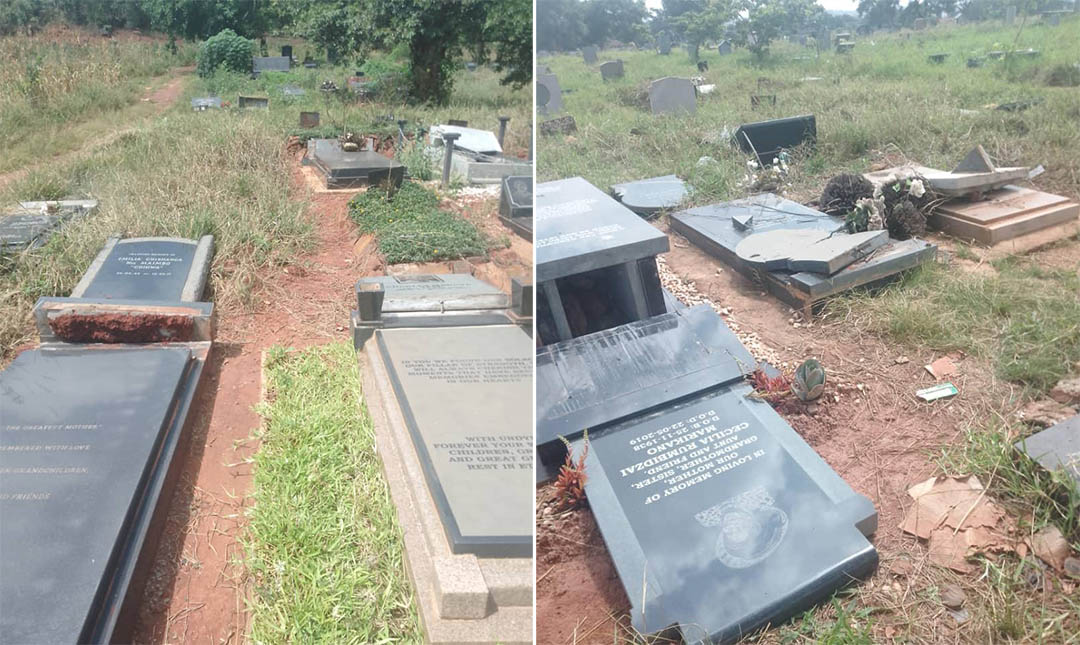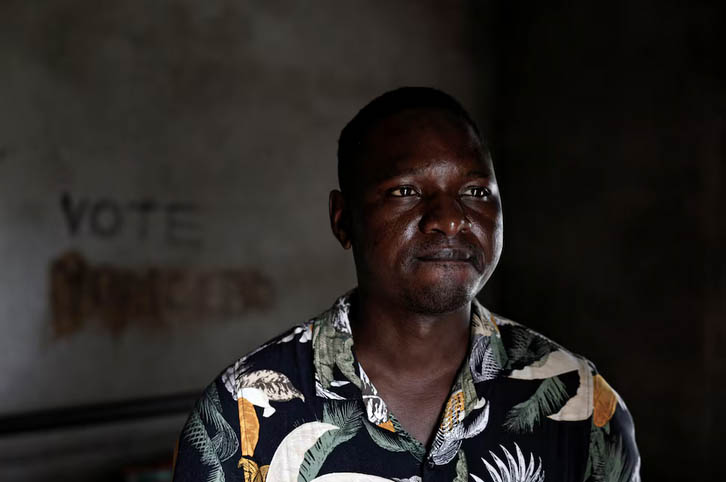BULAWAYO – Business leaders at the annual Confederation of Zimbabwe Industries (CZI) congress underway in Bulawayo said the shortage of foreign currency and the dramatic loss of value by the bond note is the biggest threat to re-industriliasation, as companies are only able to convert very limited amounts of local currency into US dollars to pay their supplies.
Without enough hard currency, companies have backlogs of overdue payments and are unable to import key raw materials or machinery spares.
The shortage of foreign currency and Zimbabwe’s capacity utilisation, which stands at 45 percent, are some of the major deliberating points at the CZI congress running under the theme: ‘From Dialogue to Implementation – It’s time to Act.’
Addressing delegates at the start of the congress Wednesday, CZI Matabeleland Chapter president, Joseph Gunda, said this year’s focus was on Bulawayo and turning it into a diversified industrial base.
“Focus is on Bulawayo because it has been considered the industrial hub of Zimbabwe. This dates back to the colonial era when the country achieved independence. Zimbabwe was considered as the second most advanced economy in Africa after South Africa and that time Bulawayo was the shining jewel,” he said.
Gunda gave a background of how in the post-independence era a number of factors led to the decline of industries particularly in Bulawayo, which affected Zimbabwe at large.
He told the meeting: “This resulted in industries moving back to Harare with others moving to Botswana. The situation further worsened in the 1990s as industries started running with antiquated equipment. The influx of cheap goods and extensive load shedding resulted in low capacity utilisation, with levels dropping to 30 percent.
“The situation was exacerbated by the closure of ZiscoSteel and scaling down of operations in Bulawayo’s largest employer – the National Railways of Zimbabwe. This is brief background… Bulawayo used to house headquarters of big companies such as National Blankets, Hunyani Holdings and Cold Storage Company among others. Operations of these companies had been halted one way or the other but action for restoration of these industries had to be taken up.”
Gunda said the re-industrialisation of Bulawayo can succeed if certain initiatives are put in place but the shortage of foreign currency was the single biggest threat to the city’s business revival.
“It is tedious to access foreign currency and when you finally manage there is a shortage of raw materials. Trucks are delayed at the border because of payments and that is an added cost to the industry. These issues have been tabled before and we are saying we need to put measures in motion,” he said.
He, however, noted that there was a significant improvement from 2016 to date in Bulawayo’s industrial performance.
“Some of our members have reported utilisation ranging from 50 percent to as high as 98 percent in some cases. CZI is yet to release the annual statistics for 2018 but we have no doubt that this year’s figures from Bulawayo will show a great improvement from figures recorded last year,” Gunda said.
The Minister of State for Bulawayo Metropolitan, Judith Ncube, hailed the CZI congress for complementing President Emmerson Mnangagwa’s vision of turning Zimbabwe into a middle income country by 2030 anchored on re-industrialisation.
“This growth strategy is also in line with SADC Industrialisation Strategy and Roadmap 2015 to 2063. This meeting is more relevant that it takes place in Bulawayo, one of our major cities that was affected by de-industrialisation and requires collective effort to recover,” she said.
Ncube implored tertiary institutions such as the National University of Science and Technology (NUST) and the Zimbabwe School of Mines to collaborate with industry for research and other innovations in order to modernise the sector.
“To complement this process government is developing innovation hubs in selected universities including NUST with respect to Bulawayo,” she said.
Bulawayo mayor, Solomon Mguni, noted that it was the council’s desire to see Bulawayo reclaiming its past status as the industrial hub of Zimbabwe.
“The task ahead of us requires that government, the city council and private sector work together for the development of this great city. I lead a team that is committed in making the City of Bulawayo an essential component of a functional state,” he said.
The mayor said Bulawayo’s development agenda should leverage on solid commercial infrastructure connected to most road and rail transport networks.
“Our first priority is to deliver fair, equitable, quality and efficient service to the residents of Bulawayo and services that will attract investment. Social amenities such as water, sanitation, refuse collection streetlights, and pothole-free roads would be at the top of our priority list,” he said.
Forty international firms attended this year’s CZI annual congress and major foreign firms came from industrialised countries such as Turkey, Japan, India and Italy.















